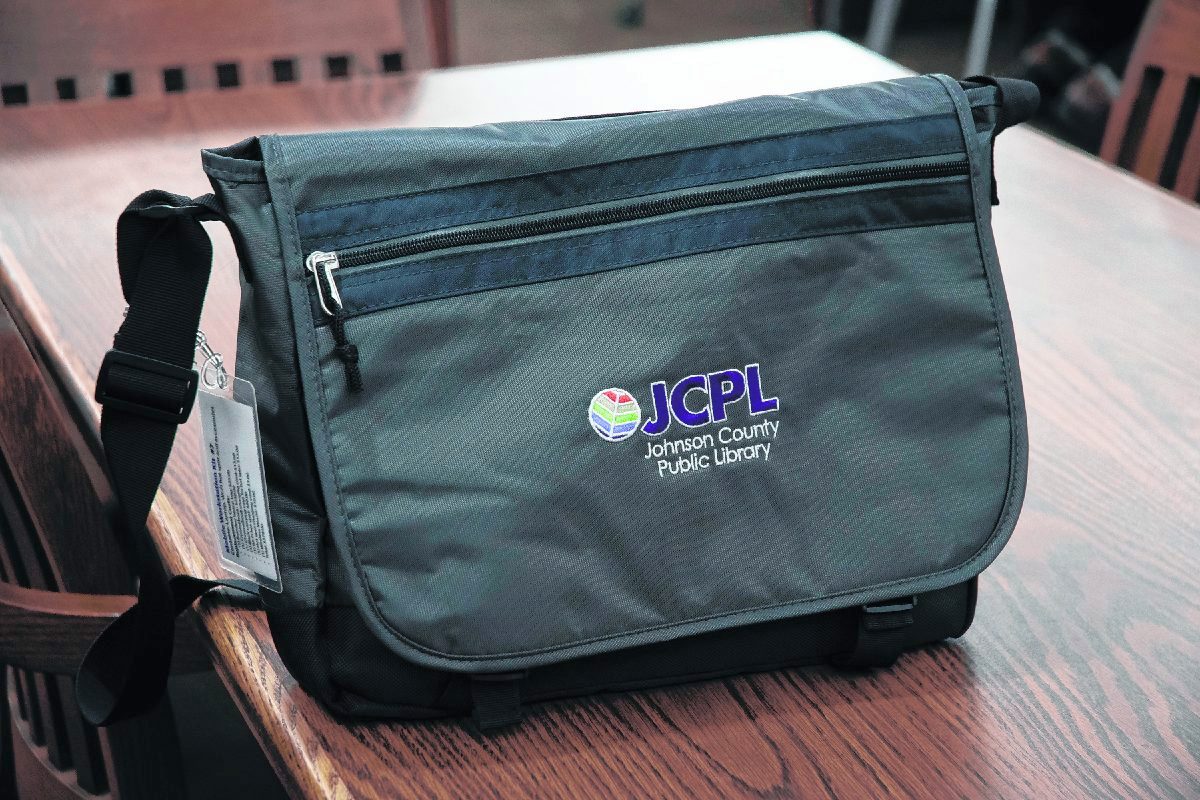Students and job seekers who don’t have access to laptops and internet may soon get some help from the Johnson County Public Library.
WorkOne, a job referral organization with a location in Franklin, has committed to a partnership with the library to help the unemployed. The library also hopes to join forces with Central Nine Career Center, a Greenwood vocational school, to provide more opportunities to students looking for careers in the trades, said Heather Petro, circulation manager at the library system’s Clark-Pleasant branch.
The library plans to provide both a Chromebook and a Wi-Fi hotspot in mobile workstation kits to 12 patrons who will be able to keep them for up to six weeks at a time. That amount of time should make it so job seekers can further their careers and studies by researching for classes they’re taking, learning new skills or applying for jobs, she said.
[sc:text-divider text-divider-title=”Story continues below gallery” ]Click here to purchase photos from this gallery
Half the mobile workstations will be stored at the Clark-Pleasant branch, and half will be stored at the Franklin branch, she said.
“I wanted to help provide digital access to people in the community who don’t have it,” Petro said. “In some areas, it’s harder to get internet. There’s a lot of different variables. We started with a Wi-Fi hotspot lending service for one week or two weeks and those are very popular; they are checked out all the time. We have a holds list of 85 to 100 people at all times.”
With Wi-FI hotspots, library patrons can connect to the internet just about anywhere.
Along with the lengthy wait times for people to get their hands on Wi-Fi hotspots, some patrons don’t have their own devices, such as laptops or smartphones, they can use to connect to the internet or work on things like resumes and cover letters. With the availability of Chromebooks, users won’t have that issue, Petro said.
“Since we started (providing hotspots) two years ago, the feedback was they wished they had a device they could use with it, and wish they could have it for longer,” Petro said. “We couldn’t provide everyone with a laptop so we wanted to target adults wanting to gain employment, further (their) education and learn new skills. With the checkout of six weeks, we felt they could really do something to benefit their situation. They could turn in job applications, send out resumes, those sorts of things.”
Students and job-seeking adults will get first priority, and among those groups, the Chromebooks and hotspots will be available on a first-come, first-serve basis. Chromebooks are especially useful because they are easy to use and include a plethora of applications as part of the Google Suite, Petro said.
Unemployed people who have internet access at home are four percent more likely to land a job within a month than those who don’t have internet access, according to a 2016 report from the Council of Economic Advisors, a U.S. government agency.
Since the project is still in the planning phase, a launch date has not been set, although Petro hopes the program will start in the next couple of months, she said.





